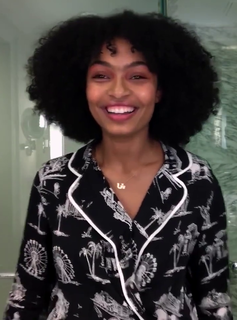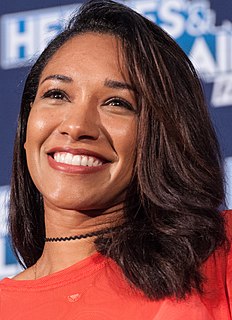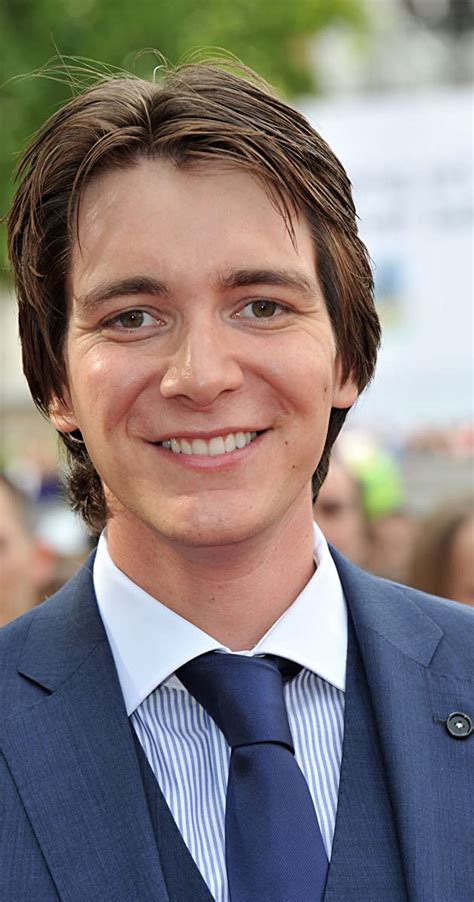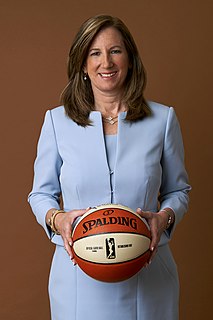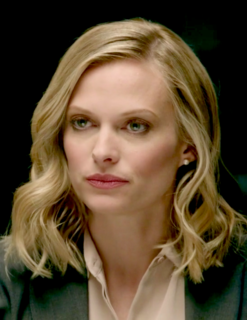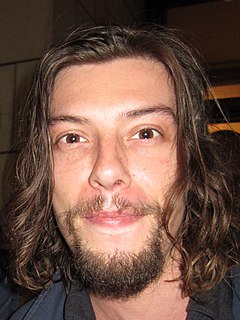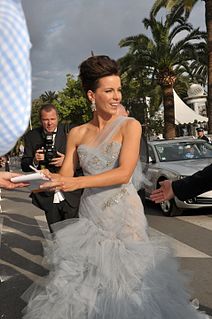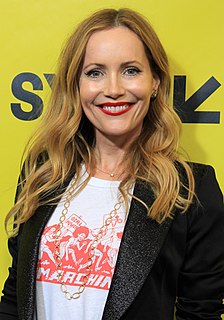A Quote by Alden Ehrenreich
Somebody comes to your house. You know they're coming, so it's not a surprise. And they give you an envelope that has your scenes in it. And they sit in the car outside for a half an hour while you read your scenes, then they ring your doorbell and you give your scenes back. Then you shoot the movie a few weeks later or something. The next time you see your scenes is the night before you start shooting. I never read the script [Blue Jasmine], so I didn't really know what it was about.
Related Quotes
My writing's like a journey. I'll know some of the stops ahead of time, and I'll make some of those stops and some of them I won't. Some will be a moot point by the time I get there. You know every script will have four to six basic scenes that you're going to do. It's all the scenes where your characters really come from.
You gleefully say, "I just thought of something!", when in fact your brain performed an enormous amount of work before your moment of genius struck. When an idea is served up from behind the scenes, your neural circuitry has been working on it for hours or days or years, consolidating information and trying out new combinations. But you take credit without further wonderment at the vast, hidden machinery behind the scenes.
I learn my lines in a few different ways. A lot of my dialogue sticks with me in a general sort of way when I read the entire script for the first or second time. Then, when I get the shooting schedule, I have a better idea of what scenes are shooting when. I then will focus on those that are coming up first.
You always know when one of the first ["Harry Potter" movies] are on TV, because you'll get a text message from one of your friends saying, "How high was your voice?" It's like watching a home movie, in some sense. But you just remember because the audience sees the scenes as they're written, but we remember shooting [the scenes] and all the stories that came around it. Like the Quidditch World Cup in ["Harry Potter and the] Goblet of Fire," it's like the Glastonbury Festival at Leavesden [Studios].
I think you approach a part the same way and just find out in what's making them tick and who they are. In a movie like this you may have a little less time and few dialogue scenes and exposition scenes for your character to really get that across, and so I wanted to be able to convey that she's not somebody who's just punching a clock but she has this weird emotional investment in her job to where she does get quite myopic and that's what makes her relentless.

